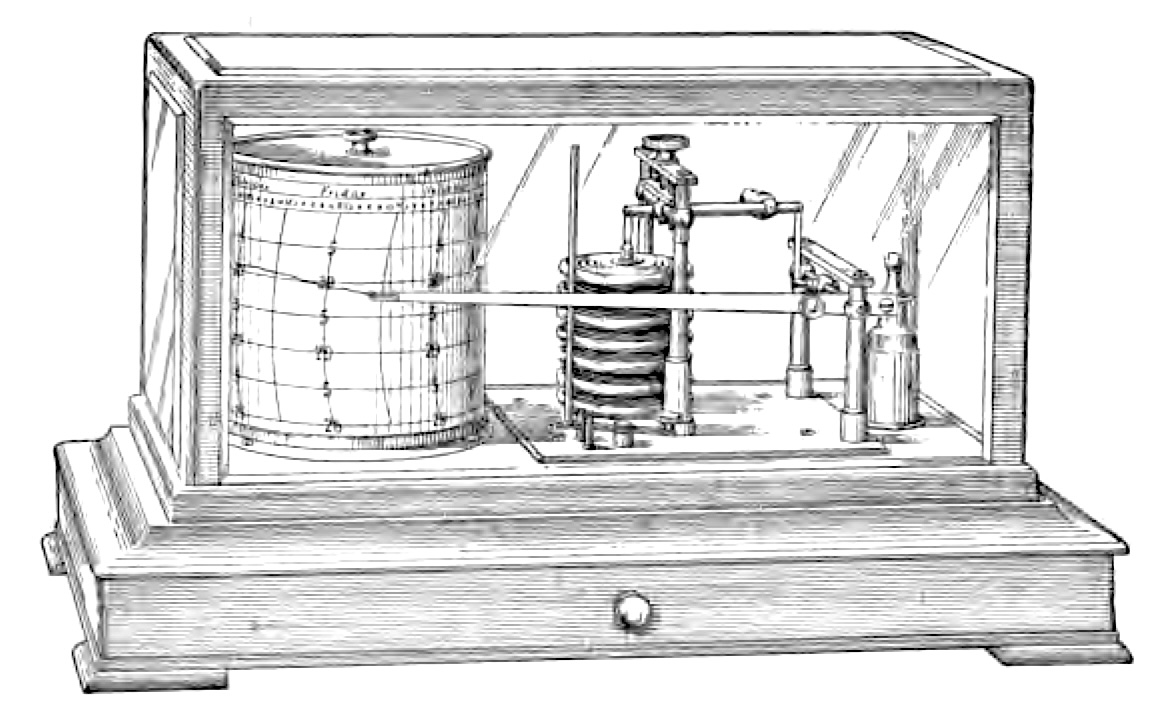e
small-e empiricism

John D. Norton
This volume contains the first
complete drafts
of Parts I and II.
Part III will be added, soon.
September 2025
and later when individual chapters are updated.
Contents
| 1. Prospectus |
draft |
| The core idea of empiricism is that experience, and it alone, has the unique capacity to inform us of contingent truths of the world. This volume offers a novel formulation of empiricism, small-e empiricism, designed to conform with the empiricism of modern science. It abandons the inductive skepticism of Big-E Empiricism and generalizes experience to include non-human, physical processes that connect continuously with the systems of interest.
|
|
Part I. A Selective History of Empiricism
| 2. The Early Empiricist Tradition |
draft |
| This chapter traces the origin of empiricism in an unpopular medical doctrine in antiquity, past its association with medical quakery in 17th and 18th century to its rehabilitation in the early 20th century.
|
|
| 3. Logical Positivism and Logical Empiricism: Logic and Meaning |
draft |
| The logical positivist and logical empiricist movements of the early to mid 20th century advocated for versions of empiricism that were closely tied to formal logic and questions of meaning.
|
|
| 4. Constructive Empiricism |
draft |
| Bas van Fraassen's 1980 "constructive empiricism" developed into a severe form of anti-inductive skepticism that has exercised strong control on the conception of empiricism among philosophers in the decades following.
|
|
| 5. Experience as Sense Perception |
draft |
| The so-called British empiricists initiated the present tradition in which experience is conceived in terms of mental states resulting from the stimulation of human sense organs.
|
|
| 6. The Twentieth Century Ascendance of "Empirical Science" |
draft |
| The scientists' conception of empiricism emphasizes the importance of experience as the foundation of science and lacks the skepticism of Big-E Empiricism.
|
|
| 7. Principles of Empiricism |
draft |
| Various formulations of a principle of empiricism from the early to mid twentieth century are reviewed for comparison with the later formulation of small-e empiricism.
|
|
Part II. small-e empiricism
| 8. The Propositional Representation of Experience |
draft |
| Since the functioning of human sense organs and subsequent mental processes are better examined by the sciences of physiology and empirical psychology, small-e empiricism represents experience once it is captured in propositions, which is how experience appears in scientific publications.
|
|
| 9. Experience Generalized |
draft |
| The authority of experience resides in no special capacity of human sense organs and mental processing, but in its constitution as a physical process that connects continuously with the system of interest. Science after science has implemented such processes with instrumentation in place of human sense organs.
|
|
| 10. Experience as a Process |
draft |
| Since small-e empiricism reconceptualizes experience as a physical process that connects continuously with the system of interest, it does not divide the experiential from the non-experiential content of a science. It is limited to allowing that some stages of the process are closer to the system of interest than others. This view allows for corrections by "winding back" through the stages of the process.
|
|
| 11. The Terminal Obsession |
draft |
| Big-E Empiricism's quest for a terminus in experiential processes that consistutes experience simpliciter has been endlessly troublesome. No such clear division has been found and it has invited unsustainable, skeptical complaints under the heading of the "theory ladennes of observation."
|
|
| 12. Small-e empiricism Defined and Defended |
draft |
| The revisions to empiricism's conception of experience are collected to provide a synoptic statement of small-e empiricism and some of the consequences that follow from it. The defense argues that experience has the capacity to provide strong inductive support for the contingent propositions of science; and that all other modes have failed and are merely able to affirm the results after they have been identified and secured empirically.
|
|
| 13. Why not Big-E Empiricism |
draft |
| The basis for small-e empiricism's rejection of the inductive skepticism of Big-E Empiricism are collected, elaborated and defended.
|
|
Part III. Applications
| 14. The Material Theory of Induction |
draft |
| Inductive inferences and inductive relations of support lie at the heart of small-e empiricism. The material theory of induction provides an account of inductive inference that is uniquely well adapted to small-e empiricism. It is the only account of inductive inference that can ensure that the results inductively supported by experience are fully derived from experience.
|
|
|
15. Inductive Fallibilism in small-e empiricism
|
draft |
| Inductive inference is fallible. Since it is the only means we have of learning the truth of contingent propositions, the best we can affirm is that such a proposition is very well supported inductively by experience. We cannot absolutely affirm its truth. A definition of knowledge that requires truth becomes an idealization that we can never affirm applies. Discarding truth from its definition resolves the Gettier problem. It turns out that Gettier-like cases are celebrated as great discoveries in the history of science. |
|
|
16. Small-r realism
|
draft |
| Small-e empiricism admits a version of scientific realism that mediates between the unsustainable inductive skepticism of antirealism and the excessive inductive optimism of scientific realism. It asserts that inductive inference has the means to provide strong support for the contingent propositions of a science, but that whether any particular science has achieved that support must be left to case-by-case analysis. |
|
More coming...
